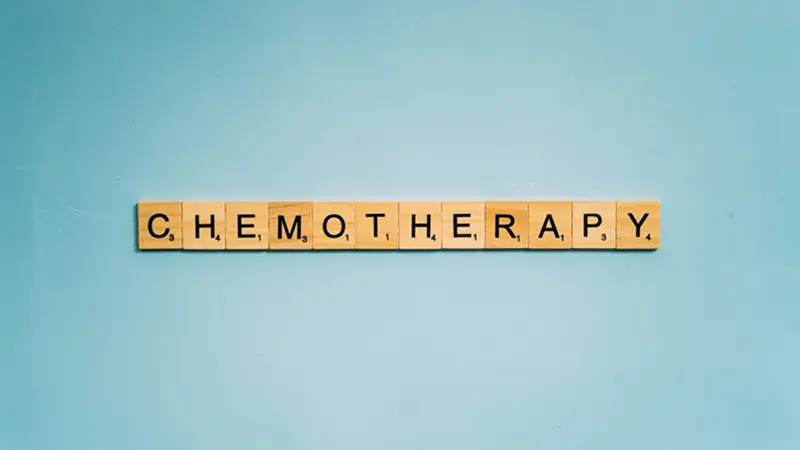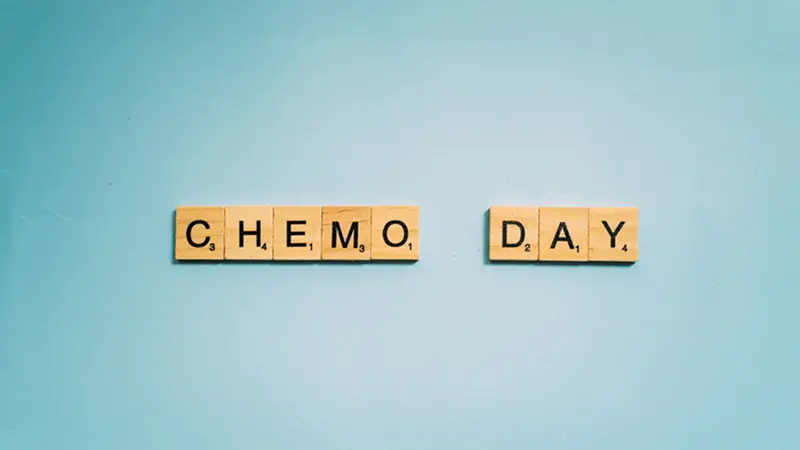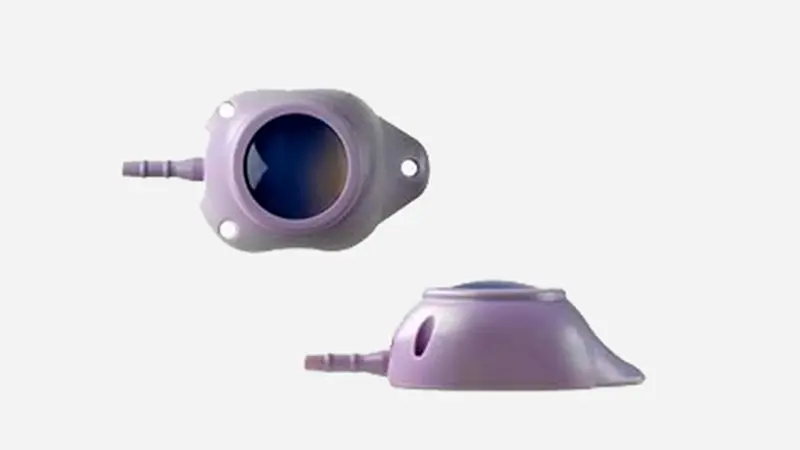Adjuvant Chemotherapy

In breast cancer treatment, adjuvant chemotherapy is frequently used after surgery to help reduce the risk of cancer returning, especially in cases where there's a higher likelihood of recurrence or metastasis.
Purpose of Adjuvant Chemotherapy in Breast Cancer
Who Receives Adjuvant Chemotherapy?
- Based on Cancer Characteristics : The decision to use adjuvant chemotherapy depends on the specific characteristics of the breast cancer, including the tumor size, grade, lymph node involvement, hormone receptor status (ER, PR), and HER2 status.
- High-risk Factors : Typically, patients with more aggressive tumors, lymph node involvement, HER2-positive, or triple-negative breast cancer (lacking ER, PR, and HER2 expression) are more likely to benefit from adjuvant chemotherapy.
- Patient-Specific Factors : Other factors like age, overall health, and personal preferences are also considered.

Common Chemotherapy Regimens
Side Effects
Effectiveness and Outcomes
- Adjuvant chemotherapy has been shown to improve survival rates for breast cancer, particularly in cases where the risk of recurrence is higher.
- Ongoing studies continue to refine adjuvant chemotherapy strategies, especially in combination with targeted therapies for HER2-positive and hormone receptor-positive cancers.
Personalized Approach
The decision to use adjuvant chemotherapy is personalized based on molecular tests, such as the Oncotype DX or MammaPrint test, which assess the likelihood of cancer recurrence. These tests help determine if adjuvant chemotherapy is beneficial for patients with early-stage, hormone receptor-positive breast cancer.




